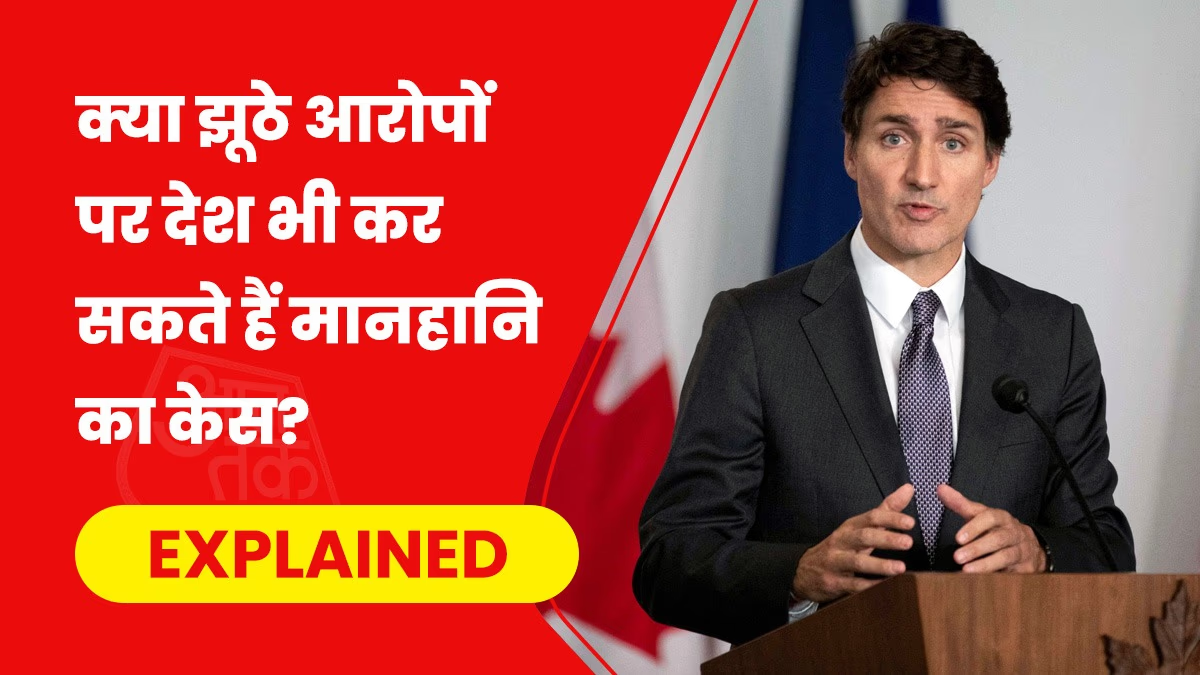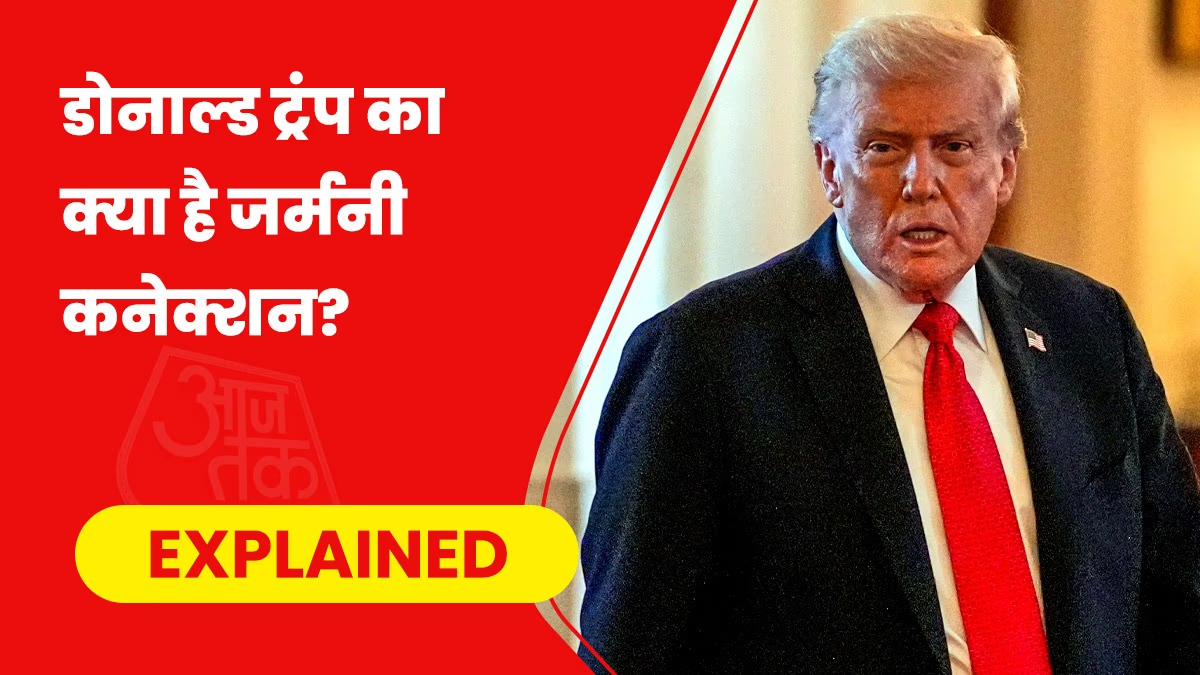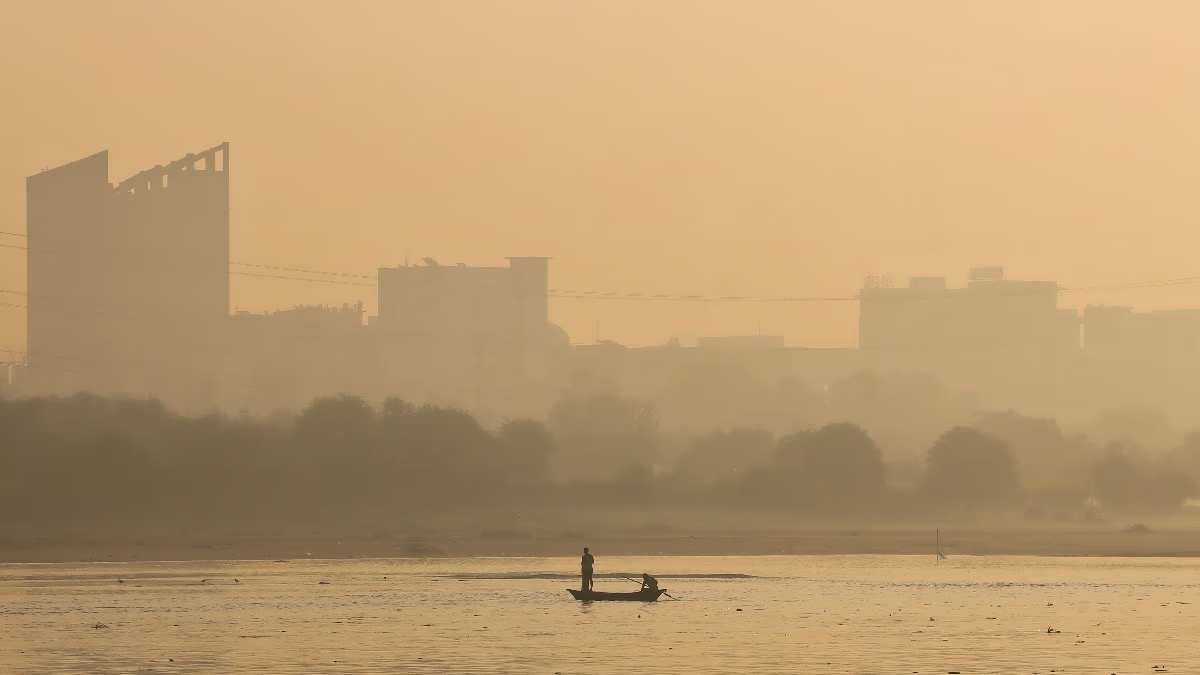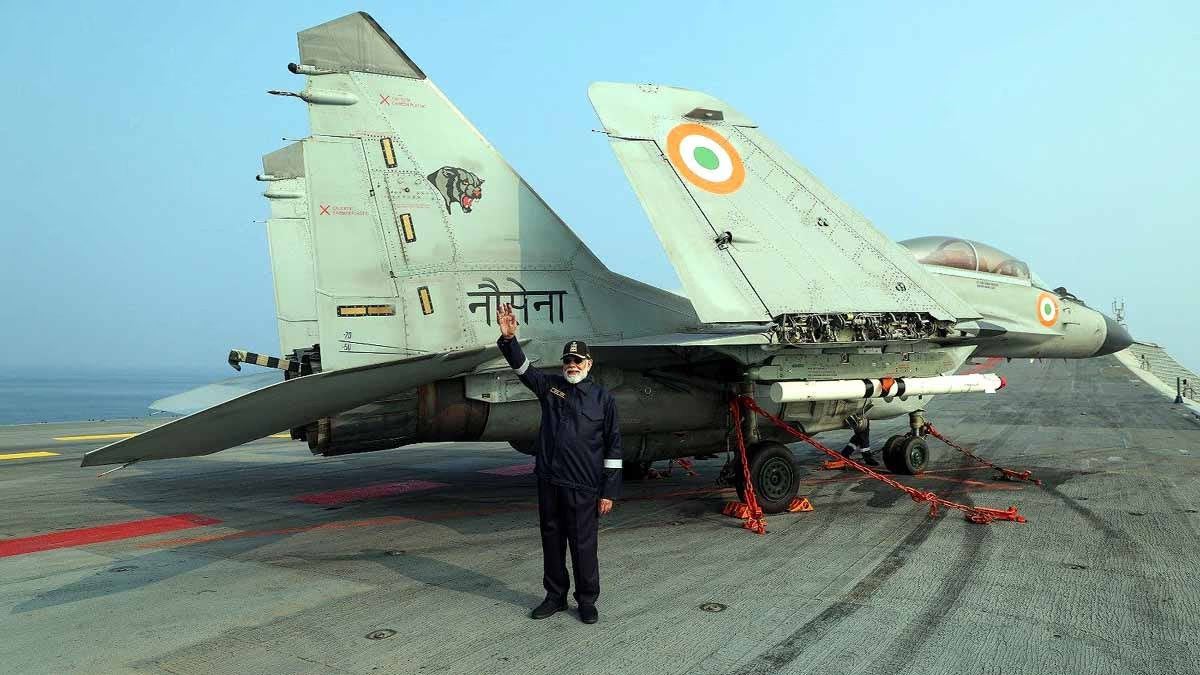The diplomatic relations between India and Canada have turned sour due to the assassination of Hardeep Singh Nijjar, a Sikh extremist leader. Irked by Canada's groundless accusations, India has called back its diplomats and sent Canadian envoys back home from Delhi. Meanwhile, Prime Minister Justin Trudeau's popularity in Toronto wanes, yet his bond with the Sikh community remains unwavering.
Why would Trudeau risk angering India for a specific community? Can India pursue a defamation lawsuit against Canada in the International Court?
Current Situation
On Sunday, India received a diplomatic communication from Canada accusing several Indian diplomats, including the High Commissioner, of being persons of interest in an ongoing investigation. In layman's terms, this implicates them in Hardeep Singh Nijjar's murder. Last year, PM Trudeau accused Indian agents of this assassination, too. While India has dismissed these charges as absurd, they reveal that Canada seems unconcerned about maintaining strong ties with New Delhi and prioritizes appeasing its Sikh residents.
Trudeau’s Soft Spot for Sikh Residents
PM Justin Trudeau shows magnanimity towards the Sikh community in Canada, including individuals that India declared extremists years ago, with Nijjar being one such example. Sikhs in Canada live with full rights and are actively involved in politics, forming a significant voter base. According to the 2021 census, there are approximately 750,000 Sikh voters, mainly residing in Greater Toronto, Vancouver, Edmonton, British Columbia, and Calgary. During elections, they are seen as a major vote bank, and their issues are actively discussed in manifestos.
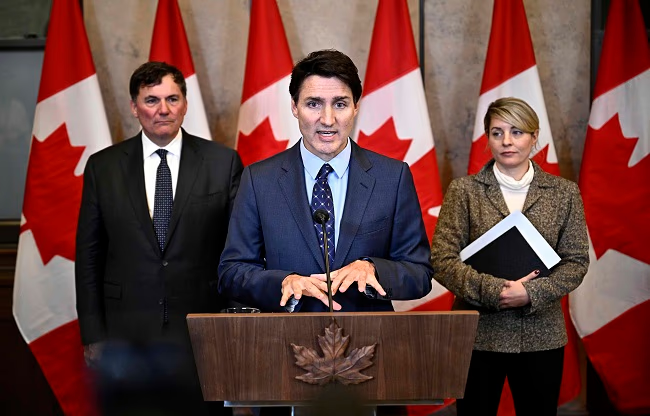
Source: aajtak
Current Government Relies on Canadian Sikhs
The situation points to a mutual dependency between the government and Sikh organizations. In the 2019 elections, the Liberal Party, led by Justin Trudeau, was 13 seats short of a majority. This gap was bridged by the support of the New Democratic Party, led by Jagmeet Singh Dhaliwal, a known Khalistani extremist whose visa was rejected by India in 2013. This Sikh-backed party rules British Columbia, renowned for its anti-India stances.
Why Trudeau Continues to Point Fingers at India Over Nijjar's Murder
The motivations seem politically driven, with elections looming in October next year. The current government's popularity has already taken a dip, and polls indicate a lack of desire to see Trudeau's government return to power. A recent IPSOS survey found that only 26% see Trudeau fit as PM, while 45% favor opposition conservative leader Pierre Poilievre.
Amid declining popularity, the present government leans on Canadian Sikhs both as a vote bank and a potential political ally.
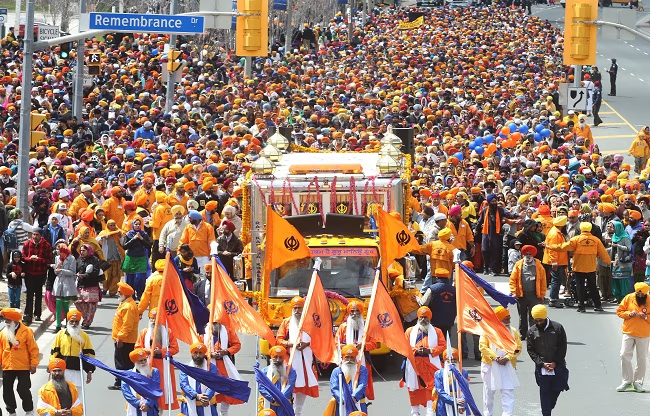
Source: aajtak
Encouragement to Separatist Activities
- Every year, Khalistani extremists commemorate Operation Bluestar, where the assassination of former PM Indira Gandhi is mocked. - Despite objections from India, the Canadian government refused to halt a referendum on Khalistan. - Extremists remain sheltered in Canada despite an extradition treaty between the countries, with local government providing protection.
- Attacks on temples and hate speeches against Hindu communities have risen in recent years, with minimal action from authorities.
Can Defamation Charges be Filed?
In response to the outrageous allegations by Trudeau's government, India has already summoned its High Commissioner along with other diplomats. The pressing query is, can India lodge a defamation suit against Canada? The issue is complex, offering no straightforward ‘yes’ or ‘no’ answer. Countries might file claims for false accusations, but legal defamation suits like those between individuals or entities aren't an option.
A nation expressing grievance over false allegations typically employs diplomatic strategies, such as officially lodging a protest, formally termed as a diplomatic protest. Alternatively, diplomatic ties may be weakened, as India currently demonstrates. Bilateral relations can be scaled down, and affected nations may present their case at international platforms like the UN, offering clarity and attempting to pin down the accusative state.
Defamation Cases at the International Court
Instead of filing legal defamation suits, aggrieved nations may apply diplomatic pressure in disputes. The Saudi Arabia-Canada altercation illustrates this. In 2018, Canada made extensive remarks on women's conditions in Saudi Arabia, which led Saudi Arabia to not only limit diplomatic relations but also curtail trade, citing defamation.
Defamation cases seldom manifest at the International Court of Justice; instead, they are depicted as sovereignty attacks, akin to the 2017 feud when Saudi Arabia, UAE, Bahrain, and Egypt accused Qatar of fostering terrorism and severed diplomatic and economic relations. In retaliation, Qatar sought refuge in the International Court, accusing these states of deliberately tarnishing its image.
